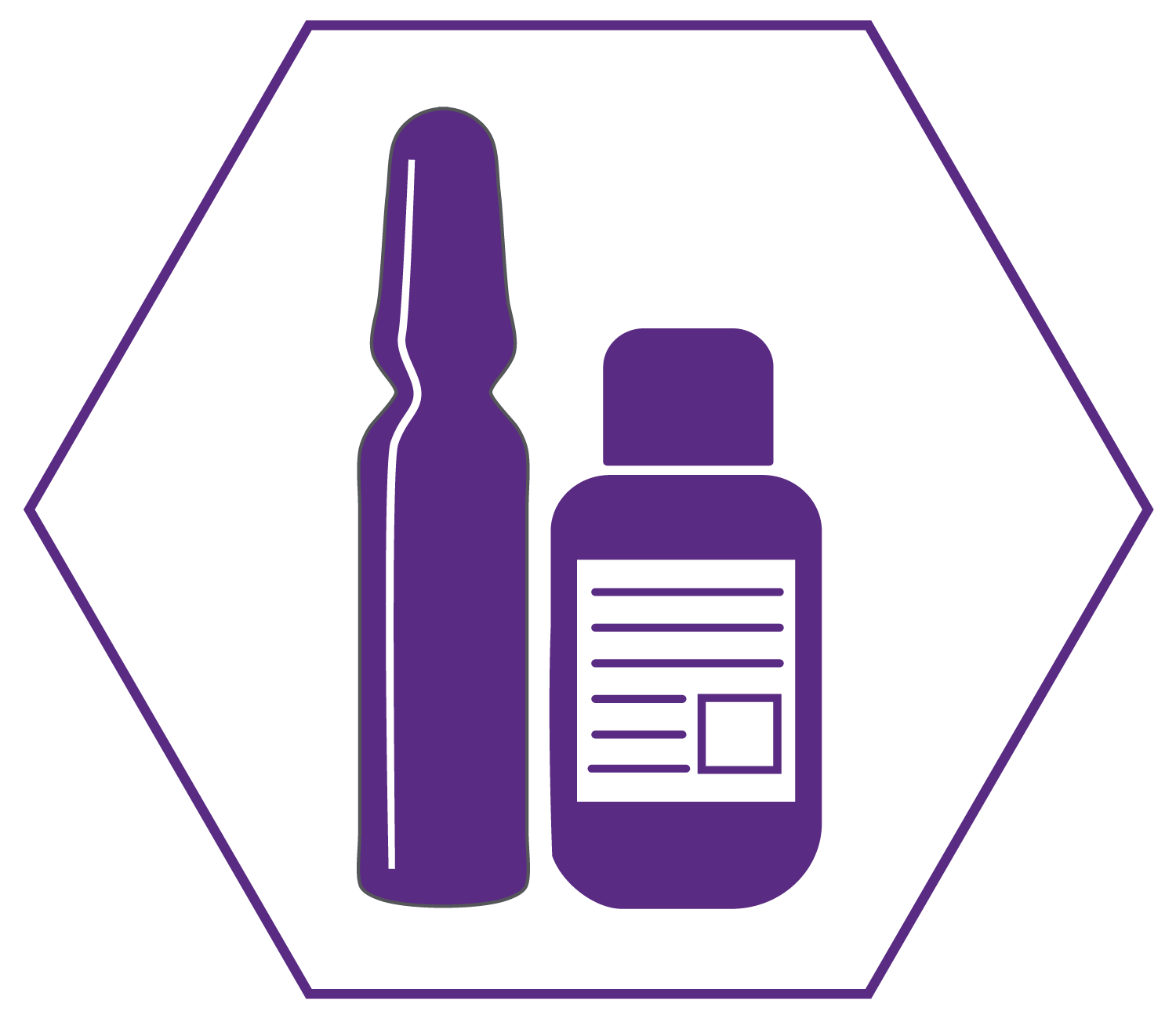
Please wait...

Spex is a market leader of high quality, innovative inorganic and organic certified reference materials, sample preparation equipment and supplies for a diverse range of analytical techniques including chromatography, spectroscopy and molecular biology. Our products are used in pharmaceutical, nutraceutical, agricultural, botanical, and clinical laboratories worldwide. In the last ten years, we have become experts advising the cannabis and hemp industries on cannabis sample preparation and standards. Our commitment to our customers is to satisfy their increasing requirements for the highest quality of product, delivery and service.
Spex does not support or promote the use of its products or services in connection with illegal cultivation of cannabis products. Spex products are intended to be used only in states where the cultivation, sale and use of cannabis products are legal.




Before one can begin analytic testing of various forms of cannabis and related edibles, each sample must be properly selected and prepared. Improper sample collection and preparation, can lead to inaccurate and flawed results. Cannabis and hemp samples must be processed into a form which allows for extraction, digestion and ultimately instrumental chemical analysis.
Sample processing involves reducing particle size to ensure homogeneity and easy extraction into a suitable matrix for testing. The most common method for obtaining a homogeneous sample is grinding, or comminution. Grinding samples produces reduced particle size in order to increase accuracy and decrease uncertainty.
Particle size reduction is accomplished by either crushing or grinding using forces of impact, attrition, shearing, or compression. Particle reduction of solids occurs in multiple stages starting with the accumulation of defects or stresses in a concentrated location, with increasing strain on a solid which ultimately divides the solid into pieces. The most efficient grinding system is one that applies the minimum amount of energy to rupture the material without adding excess energy or heat. Energy is required to reduce particle size, but it also generates heat which can alter the state of the sample or lead to degradation of the sample. It also then applies the ability to reduce heat generation or negate the effects of heat on the grinding system, which allows for application of more energy into the system to create a more efficient particle size reduction. SPEX offers solutions for efficient grinding using cryogenic technologies. The reduction in temperature of a material facilitates grinding, and decreases heat and energy used.
Freezer Mills use liquid nitrogen to increase the benefits of cryogenic grinding by negating the plastifying effects of water in samples like cannabis and hemp. Cryogenic grinding also leads to better laboratory analysis because the lack of heat prevents decomposition of less stable analytes, and improves the retention of volatile components such as pesticides, terpenes and cannabinoids.
The next step in the analysis process is removing the analytes from the sample into a form that can be tested by that laboratory. Some of the most common methods of sample processing are extraction and digestion. For inorganic analytes, sample digestion is most often used to break down a physical sample into a homogeneous liquid free of solids, using an acid solution. The acid decomposes the organic matter of the sample and leaves the elemental components in a solution. This sample can then be either further processed or diluted for elemental analysis, for instance, heavy metals in cannabis and hemp.
If the analytical targets are organic compounds, other types of separation procedures may be needed, for example, extraction or chromatographic separation. The primary mode of organic sample preparation is extraction in which compounds are leached or transferred from the sample matrix into organic solvents. The target compounds are removed from the sample matrix and partitioned to the extraction medium using simple organic solvents such as alcohols and ethers. In some cases, the extraction solvent can be used directly in instrumental analysis. In some cases, the matrix has to be changed, so the extraction solvent is evaporated off, and the residue is dissolved in a more appropriate solvent. In other cases, the target analytes must be separated from other material extracted from the sample. Many different types of chromatographic procedures can be used to carry out this type of purification, prior to analysis. This type of chromatographic procedure can be used to isolate targets, or clean up matrix rich samples from interfering compounds such as fatty acids or carbohydrates. SPEX has a range of preparation products to assist the cannabis and hemp laboratory researcher in the preparation of samples. We carry filters, chromatography media, columns, and solvents all designed with the laboratory in mind.
Once the sample has been homogenized and extracted, it’s time to carry out instrumental analysis to determine the concentration of the various components. However, before this is done, it’s extremely important to make sure your instruments are in perfect working order. Before testing, analysts should select and install the proper columns. It is also important to check the condition of other instrument consumables, such as lamps and detectors. These should be inspected and replaced if damaged or compromised.
It may also be beneficial to filter the sample to remove particulates and ensure the sample delivery lines in the instrument are not subject to blockage. It may be sufficient to decant extracted samples to appropriate vials for testing. SPEX can provide many of your instrument's needs such as columns, lamps and filters, in addition to vials, to fit many of the most commonly used autosamplers.
Once the sampling process is complete, the sample is ready for analysis. Depending on the nature of the analytes, this will be carried out by gas, or liquid chromatography, or ICP-OES (or MS). The results achieved by these methods can vary from day to day, due to variations in all sorts of instrumental parameters, as well as small variations in sample size. In order to assure consistent and accurate results, analytical chemists use standards, which contain known concentrations of the of the same substance being analyzed. Standards can be used to confirm the identify of each peak in a chromatogram (qualitative analysis), as well as to calculate the exact concentration of each component (quantitative analysis).
Certified standards, also known as certified reference materials (CRMs), are materials produced by accredited labs, such as SPEX. Standards in this class follow strict ISO guidelines, and all of the concentrations of analytes are reported on certificates, along with a measure of statistical uncertainty. The analyst compares the observed response in their sample with the response measured for the CRM, and uses this relationship to determine the concentration of the sample, within the range of uncertainty indicated on the certificate. CRMs can also be used to ensure all of the analytical instrumentation is working as expected. Analytically chemists routinely check their instruments with a calibration standard to ensure their equipment is producing consistent data on a daily basis. SPEX offers a complete catalog of standards for a laboratory’s full range of testing of expected analytes, impurities, as well as instrument calibration.